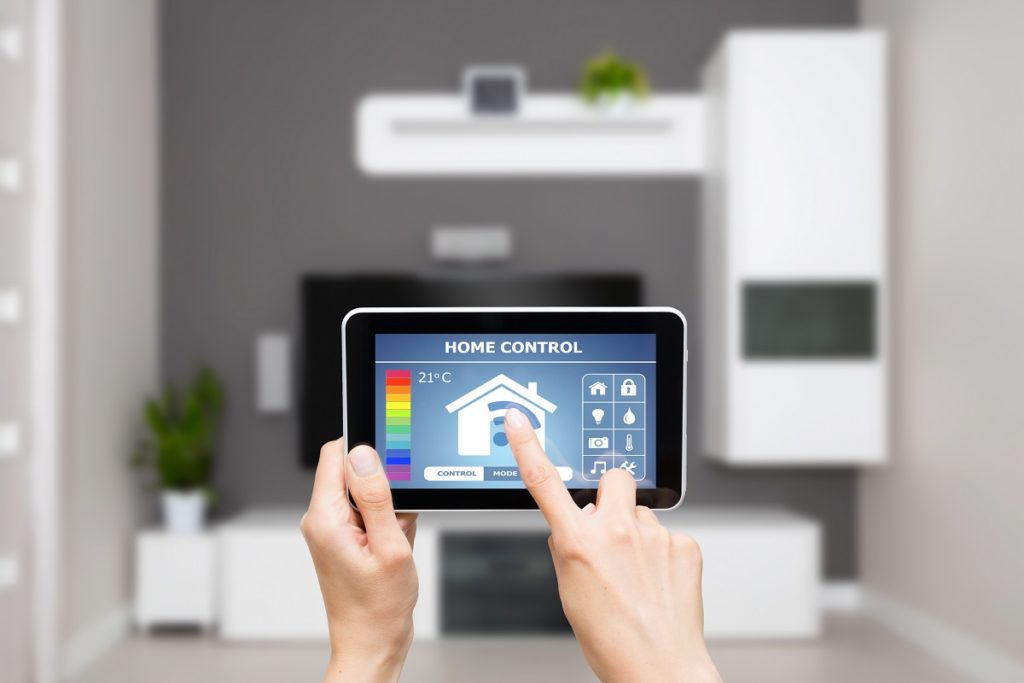When you think of home automation, you probably think of smart speakers and automatic curtains. Smart home devices are notoriously expensive and invasive data collection. But these state-of-the-art gadgets bring a lot to the table so that their pros outweigh the cons. If you pick the right devices and change the settings, you can protect your privacy and save money in the long run
To help you make the right decisions, here are the four integral rules of home automation:
1. Necessities Over Aesthetics
In the middle of a basement remodeling project, you’re probably thinking of the result. You’re thinking of the parties and movie nights you can have there. But it’s also important to consider the things that might go wrong. For example, it’s not uncommon for basements to have water damage due to flooding, overflowing gutters or poor sealing. This is a big deal especially if you’re planning to use your basement as an entertainment room with pricey game consoles. Water can damage expensive electronic appliances and cause mold to grow on furniture. This is where smart home gadgets come into the picture. You can use a water leak detector which notifies you of any wet spots before it becomes a serious problem. There are some products that are mostly just for decoration. But you should think of smart home devices as something that can address a need, not a splurge.
2. Consider It an Investment
When you watch ads for smart devices, you’ll notice they all emphasize the convenience. You don’t have to go back to the house if you forgot to turn off the lights. With the internet and your smartphone, you can control the lights in any room. But, is that really worth spending a $100 on a smart light bulb when a regular $10 bulb does the same thing? If you’re not the forgetful type of person, probably not. But smart gadgets should actually save you money, not waste it. The key is to pick the right ones.
According to the Energy Information Administration, Americans spend the most on air conditioning and heating. Over 32% of households’ electricity bill go to temperature control. As more and more people shift to remote work, energy costs are bound to increase.
A smart thermostat can help lower your expenses without sacrificing your comfort. The features vary with the prices. You could get one for as low as $90 and control your AC using your phone. For models that cost $250 and up, they can memorize your daily routine and control your heating and cooling automatically. Some even have motion sensors, so they’ll bring the temperature down when you leave the room.

3. Integration Is Key
Since it became mainstream, the market has been flooded with different smart gadgets. The good news is that this influx of products means lower prices. Before, home automation was only used in opulent houses. Now, even a small apartment can be connected and controlled remotely. On the other hand, the wide range of products also mean different systems. You might find an affordable device that suits your needs, but they may not be compatible with your other gadgets. This is a problem because smart gadgets are meant to make things more convenient for you. Instead of operating automatically, you have to go through more settings and controls to use your device.
Before you buy a smart smoke alarm or a doorbell, make sure that they can work with your other gadgets. It will make things easier for you because you can set it up once and let it run by itself. They can also improve your security. For example, if all smart home devices are compatible with each other, you can use its night mode. This command will turn off the lights, switch on the locks and the security cameras.
4. Optimize the Privacy Settings
Besides their high prices, smart devices are also infamous for collecting data. In order for smart speakers to work, they need to be able to listen to you. The problem is that they may be hearing things that they don’t need to. When your data is collected by companies, there’s always a risk that it can be stolen or abused. To be able to enjoy your privacy, you should limit some of their functions. Change how the device uses your data and delete your old searches.
Like any piece of technology, smart devices come with its fair share of pros and cons. Some are a waste of money, but some products are worth the expense depending on your needs.
